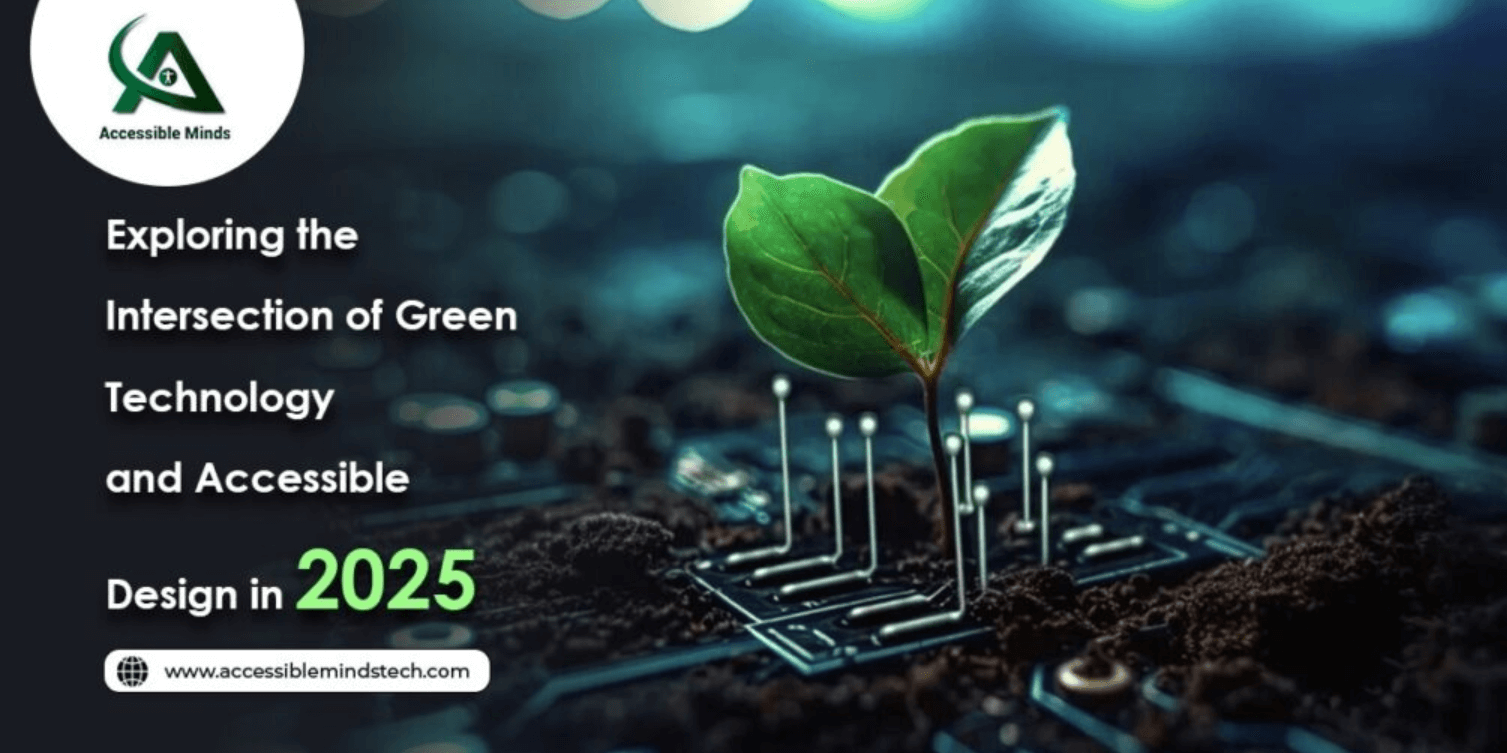Exploring the Intersection of Tech and Sustainability
The convergence of technology and sustainability presents significant opportunities for addressing environmental challenges. Innovative renewable energy solutions are emerging alongside smart waste management systems. These advancements are reshaping how communities engage with their resources. Furthermore, sustainable agriculture techniques are gaining traction in response to food security concerns. This intersection raises questions about the future of ecological preservation and economic growth. What implications do these developments have for communities worldwide?
Innovative Renewable Energy Solutions
Innovative renewable energy solutions are transforming the landscape of global energy production.
These advancements empower individuals and communities, fostering independence from traditional energy sources. Wind, solar, and hydropower technologies harness nature’s abundance, enabling a sustainable future.
As barriers to entry diminish, more people can participate in the energy revolution, reclaiming control over their energy needs and embracing a liberated, eco-friendly lifestyle.
Smart Waste Management Technologies
As urban populations continue to grow, the need for efficient waste management becomes increasingly critical.
Smart waste management technologies, such as sensor-equipped bins and AI-driven analytics, revolutionize waste collection by optimizing routes and reducing costs.
These innovations empower cities to minimize landfill reliance, conserve resources, and promote recycling, fostering a sustainable future where communities thrive free from the burden of excess waste.
Sustainable Agriculture Through Tech
Technological advancements are transforming sustainable agriculture by enhancing efficiency and resource management.
Precision farming techniques, powered by data analytics and IoT, allow farmers to optimize inputs while minimizing waste.
Drones and sensors monitor crop health, fostering informed decisions that promote environmental stewardship.
These innovations not only increase yields but also empower farmers to cultivate with freedom, preserving natural resources for future generations.
Eco-Friendly Transportation Advancements
An increasing number of advancements in eco-friendly transportation are reshaping how people and goods move across the globe.
Innovations such as electric vehicles, hydrogen fuel cells, and advanced public transit systems empower individuals to travel sustainably.
These technologies not only reduce carbon emissions but also enhance mobility and independence, promoting a future where environmental responsibility harmonizes with the desire for freedom in movement.
Also read: Exploring the Impact of Artificial Intelligence on Healthcare
Conclusion
In conclusion, the integration of technology and sustainability holds immense promise for creating a more resilient future. For instance, the city of San Francisco has implemented a smart waste management system that uses sensors to monitor bin levels, optimizing collection routes and reducing landfill waste by 30%. Such initiatives exemplify how innovative solutions can enhance resource management while promoting environmental stewardship, ultimately paving the way for a sustainable coexistence of economic growth and ecological integrity.






